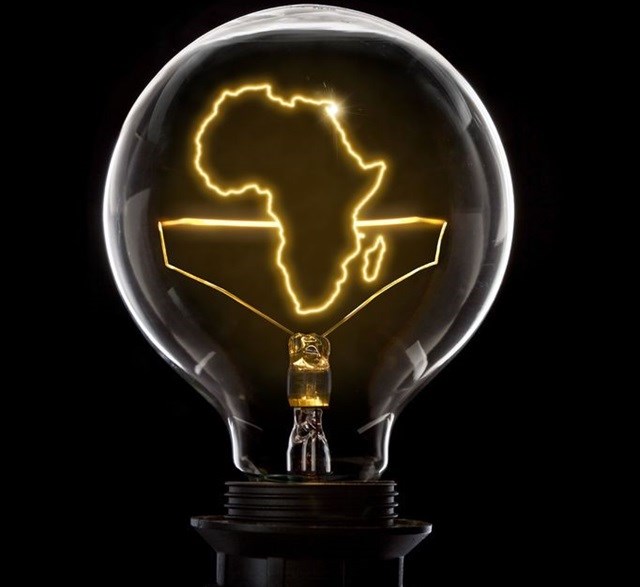
Top stories

RetailDiageo sells East African Breweries stake to Asahi for $2.3bn
Duncan Miriri and Emma Rumney 18 hours



Today Ushahidi, which means 'evidence' in Swahili, is a technology company with presence in more than 20 countries. The list of African innovations, born from the need to solve specific challenges, is very impressive.
For a number of years, Africa's rise made headlines across the globe. A bruised world economy looked for new spaces of vitality, and the African continent was the ideal candidate. Registering an average GDP growth of over 5%, Africa appeared to be the next big thing on the global stage. The word 'Renaissance' was soon appended to the narrative.
Yet those predictions have not quite come to fruition and many skeptics have taken a more bearish view to Africa's prospects. On the one hand, these cynics are right: Africa is not developing as they had expected. But this is always the drawback of an outside perspective; oversimplifying events and placing foreign templates on a fast-evolving landscape.
The fact is that Africa is innovating for itself and these innovations are delivered by the incredible number of countries, people and economies who call it home.
Local innovators play a unique role in the emergence of new technologies. Whereas many markets marginally improve on existing ideas, African nations tackle far more present, challenging and transformational problems. This creates a pedigree for resilience, performance and positive outcomes.
The fact is that Africa is innovating for itself and these innovations are delivered by the incredible number of countries, people and economies who call it home.The Pan-African innovation scene is growing at rapid speed. According to research presented by the World Economic Forum, there are roughly 200 African innovation hubs, 3,500 new tech-related ventures, and $1 billion spent in venture capital. In 2016, startup investments were up 17% from the previous year.
Similarly, new technologies are gaining traction across the keystone continent. Nigerian businesses are among the fastest adopters of Cloud in the world. In Ethiopia, the Tulane Health Project modernises healthcare services through connectivity and cloud technologies. In Cameroon, the site 1 Task 1 Job is building a thriving self-employment culture; and in Rwanda, the improvement of government e-services and technology policies are enabling entrepreneurs to register a business online in a matter of minutes.
The fear of 'digital colonisation' by overseas technology firms is also being met head-on. Several rideshare services, most recently the Africa Ride in South Africa, are taking on Uber. Netflix, the entertainment streaming giant, is being challenged by homegrown companies such as Showmax and iROKOtv. Music lovers in Nigeria can set aside iTunes and try Musiccloud instead.
Even the challenge of food security is being addressed with the recent launch of SAP's Rural Sourcing Management Solution. A homegrown system that helps small scale farmers manage their value chains at hands-on levels, which larger competitors with traditional systems are struggling to match.
Yet innovation does not happen whimsically. As mentioned earlier, there are a large and growing number of innovation hubs and projects across the continent. SAP launched the Africa Co-Innovation Lab in 2016, which has already seen great success.
It is expected that by 2050, Africa will contribute over $29 trillion to global GDP, up from $2.4 trillion today. This is not the story of a basket case relying on international intervention, nor that of a follower looking to copy other continents. The calls for an African Renaissance are getting an answer: the mother continent is doing it for itself in a uniquely African way.